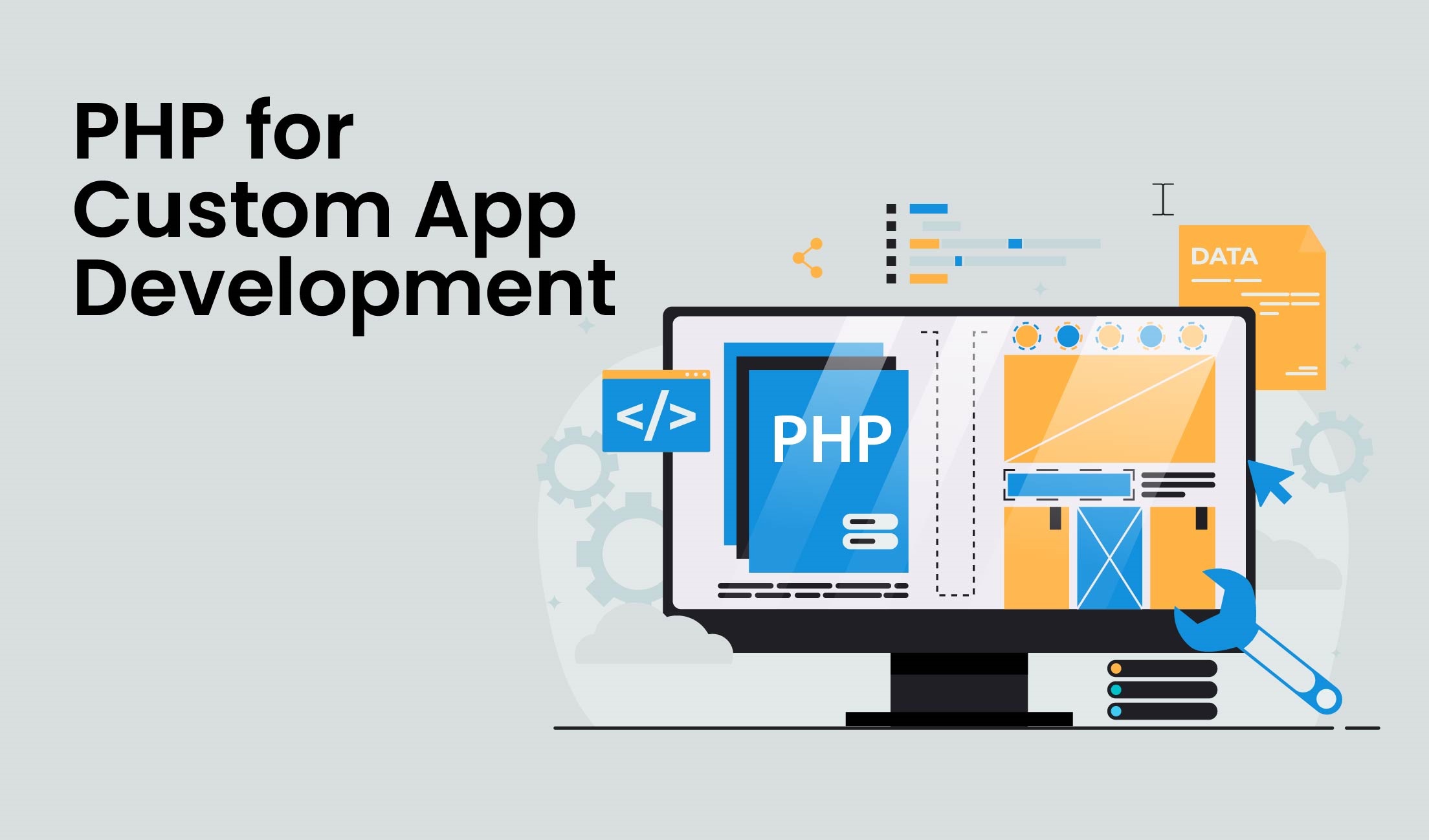Rise by Six: Your Daily Dose of Inspiration
Explore insights and stories that elevate your day.
Code Like a Rockstar: PHP Development Secrets Revealed
Unlock your inner coding superstar with PHP development secrets that can elevate your skills and boost your career—discover the magic today!
Top 10 PHP Development Tips for Aspiring Rockstars
PHP remains one of the most popular server-side scripting languages, and mastering it can pave the way for your success as a developer. Here are the Top 10 PHP Development Tips that will help you become a rockstar in the programming community. First, always prioritize writing clean and readable code. Consider using an auto-formatter to maintain consistent coding styles across your projects. Next, make use of version control systems like Git. This will not only help you keep track of changes but also enable seamless collaboration with other developers.
Furthermore, embrace PHP frameworks such as Laravel or Symfony to accelerate your development process. They come packed with robust tools and features that allow you to write less code while achieving more functionality. Additionally, regularly testing your applications using PHPUnit or similar testing frameworks can significantly enhance your code quality. Lastly, stay updated with the latest in PHP development by following influential developers and communities online, as this will keep you informed and inspired to continually improve your skills.

Mastering PHP: Common Pitfalls and How to Avoid Them
When it comes to mastering PHP, it’s crucial to understand common pitfalls that can hinder your progress. One of the most frequent mistakes developers make is neglecting error handling. In PHP, it’s essential to leverage built-in error reporting functions like error_reporting() and ini_set('display_errors', 1) during development. By doing so, you can catch warnings and notices that may lead to larger issues down the line. Additionally, failing to validate user inputs can expose your application to serious vulnerabilities, such as SQL injection. Always sanitize and validate data using functions like filter_var() and prepared statements to ensure your code is both secure and robust.
Another pitfall to avoid while mastering PHP is not utilizing object-oriented programming (OOP) principles effectively. Many developers stick to procedural programming, which limits the scalability of their code. Embracing OOP allows for better code organization and reusability through principles such as encapsulation, inheritance, and polymorphism. To illustrate, consider refactoring repetitive code into classes and objects, which makes maintenance easier. Lastly, keep an eye on performance issues by employing techniques like caching and profiling, as PHP can become sluggish under heavy loads. A performance-aware approach will save you time and resources in the long run.
How to Build Scalable Web Applications with PHP: A Step-by-Step Guide
Building scalable web applications with PHP requires a solid foundation and a thoughtful approach to application architecture. Begin by choosing the right framework; popular options like Laravel or Symfony provide built-in features that simplify development and enhance scalability. Next, ensure your code is clean and organized. Utilizing design patterns, such as MVC (Model-View-Controller), allows for better separation of concerns and ease of maintenance. Furthermore, implement caching techniques, like using Redis or Memcached, to reduce database load and increase performance.
Another critical aspect in achieving scalability is database optimization. Start by choosing a database management system that suits your application’s needs; think MySQL for relational data or MongoDB for document-oriented data. As your application scales, consider implementing database sharding or replication strategies to distribute the load and improve access speed. Finally, don’t overlook the importance of load balancing. Deploying your application on a cloud service and using a load balancer can efficiently manage traffic and ensure high availability, allowing your PHP application to scale seamlessly.